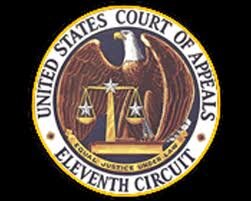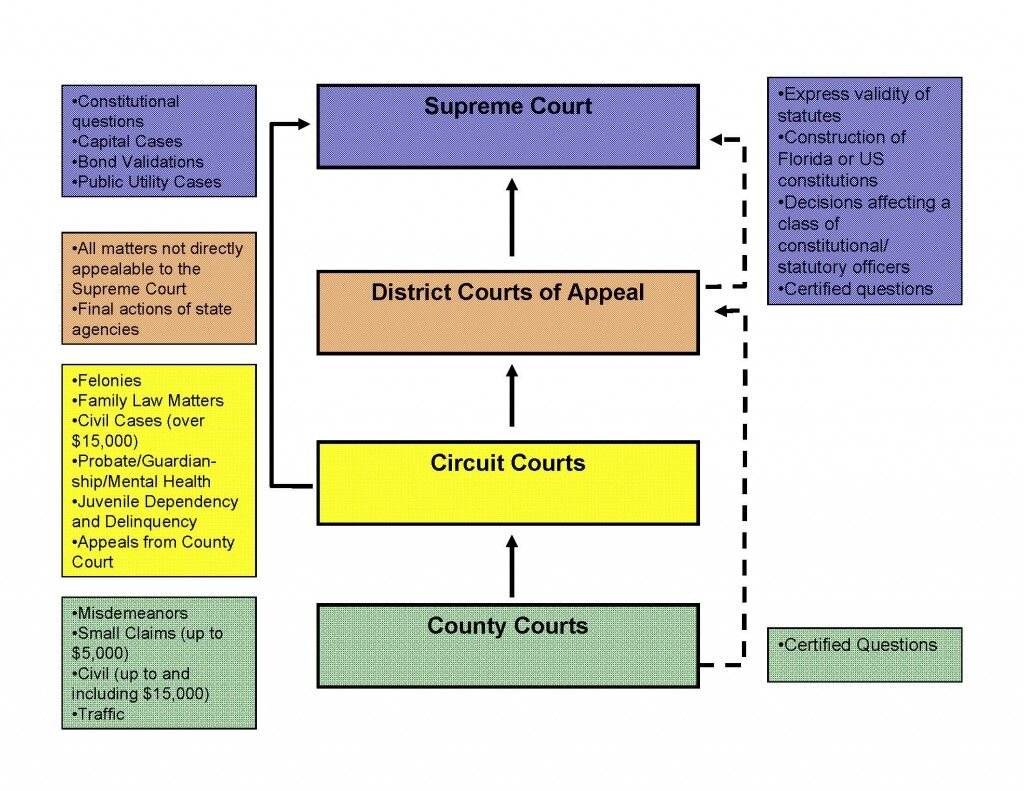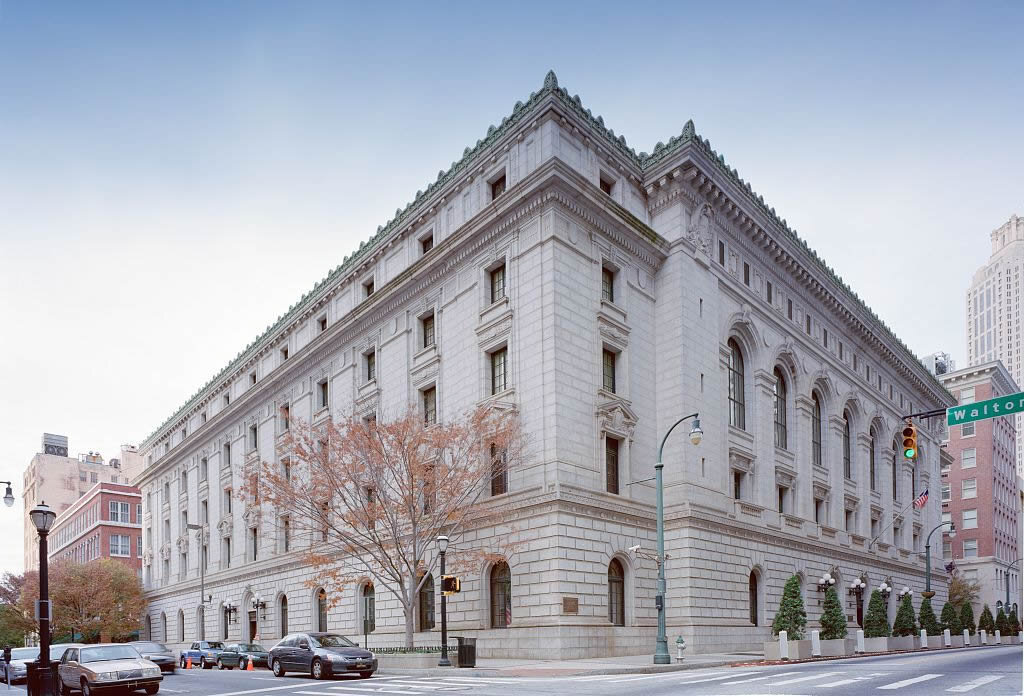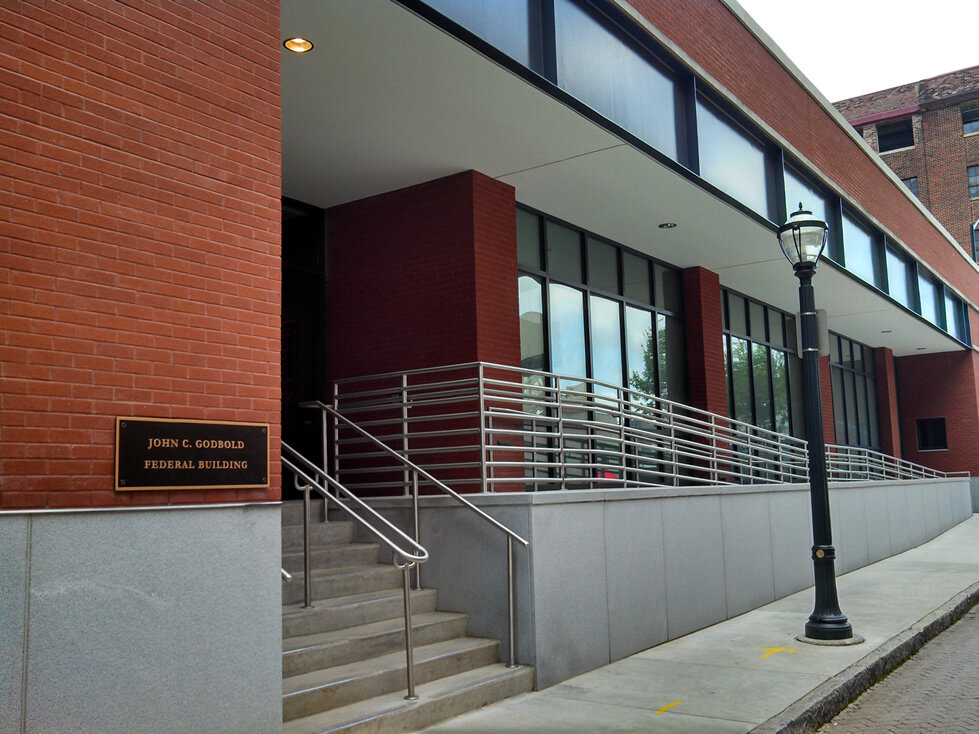Four Cruise Lines File Motions Seeking To Appeal To The 11th District Court Of Appeals
/The four defendants, cruise lines each, have submitted to the judge in their case before the United States District Court of the Southern District of Florida- Miami Division, their Motions For Certification For Interlocutory Appeal to the United States Court of Appeals for the Eleventh District whose headquarters is located in Atlanta, Georgia. Uncertain if the motions from the four defendants will be granted.
According to practitioners, Courts of Appeals generally prefer a holistic approach, disliking piecemeal legal filings and will await final dispensation of a case prior to moving up within the legal process.
From The Court: “Established by Congress in 1981, the United States Court of Appeals for the Eleventh Judicial Circuit has jurisdiction over federal cases originating in the states of Alabama, Florida and Georgia. The circuit includes nine district courts with each state divided into Northern, Middle and Southern Districts.”
From The Court: “Although some cases are decided based on written briefs alone, many cases are selected for an "oral argument" before the court. Oral argument in the court of appeals is a structured discussion between the appellate lawyers and the panel of judges focusing on the legal principles in dispute. Each side is given a short time — usually about 15 minutes — to present arguments to the court.
Most appeals are final. The court of appeals decision usually will be the final word in the case, unless it sends the case back to the trial court for additional proceedings, or the parties ask the U.S. Supreme Court to review the case. In some cases the decision may be reviewed en banc, that is, by a larger group of judges (usually all) of the court of appeals for the circuit.
A litigant who loses in a federal court of appeals, or in the highest court of a state, may file a petition for a "writ of certiorari," which is a document asking the Supreme Court to review the case. The Supreme Court, however, does not have to grant review. The Court typically will agree to hear a case only when it involves an unusually important legal principle, or when two or more federal appellate courts have interpreted a law differently. There are also a small number of special circumstances in which the Supreme Court is required by law to hear an appeal. Different types of cases are handled differently during an appeal. Civil Case: Either side may appeal the verdict.”
LINK To United States Court Of Appeals For The Eleventh Circuit
http://www.ca11.uscourts.gov/
From Carnival Corporation’s submission:
“This Court recently granted Plaintiff Havana Docks Corporation permission to file an amended complaint and lifted the stay in this matter. D.E. 79. In so doing, this Court incorporated its broad legal holdings concerning the Helms-Burton Act that it set forth in recently-issued orders reversing, on reconsideration, orders entered in the other cases brought by Havana Docks against cruise line defendants. This Court’s interpretation of the Helms-Burton Act presents a pure question of controlling law over which reasonable minds could clearly differ, the resolution of which would dispose of many of Havana Docks’ claims and materially advance this litigation. Accordingly, Defendant Carnival Corporation respectfully requests that the Court allow immediate appeal of its Omnibus Order, D.E. 79, and certify the following question for immediate appeal pursuant to 28 U.S.C. § 1292(b): Whether “Title III’s plain language creates liability for trafficking in the broadly defined ‘confiscated property’—i.e., in any property that was nationalized, expropriated, or otherwise seized by the Cuban Government . . . without the property having been returned or adequate and effective compensation [paid]—not in a particular interest in confiscated property,” and “regardless of … when the trafficking took place.””
HAVANA DOCKS CORPORATION V. NORWEGIAN CRUISE LINE HOLDINGS, LTD. [1:19-cv-23591; Southern Florida District]
Colson Hicks Eidson, P.A. (plaintiff)
Margol & Margol, P.A. (plaintiff)
Hogan Lovells US LLP (defendant)
LINK To Norwegian’s Motion For Certification For Interlocutory Appeal
HAVANA DOCKS CORPORATION VS. ROYAL CARIBBEAN CRUISES, LTD. [1:19-cv-23590; Southern Florida District]
Colson Hicks Eidson, P.A. (plaintiff)
Margol & Margol, P.A. (plaintiff)
Holland & Knight (defendant)
LINK To Defendant’s Motion For Certification For Interlocutory Appeal
HAVANA DOCKS CORPORATION V. MSC CRUISES SA CO, AND MSC CRUISES (USA) INC. [1:19-cv-23588; Southern Florida District]
Colson Hicks Eidson, P.A. (plaintiff)
Margol & Margol, P.A. (plaintiff)
Venable (defendant)
LINK To MSC Cruises’ Motion For Certification For Interlocutory Appeal
HAVANA DOCKS CORPORATION VS. CARNIVAL CORPORATION D/B/A/ CARNIVAL CRUISE LINES [1:19-cv-21724; Southern Florida District]
Colson Hicks Eidson, P.A. (plaintiff)
Margol & Margol, P.A. (plaintiff)
Jones Walker (defendant)
Boies Schiller Flexner LLP (defendant)
Akerman (defendant)
LINK To Carnival Corporation’s Motion For Certification Of Interlocutory Appeal

























